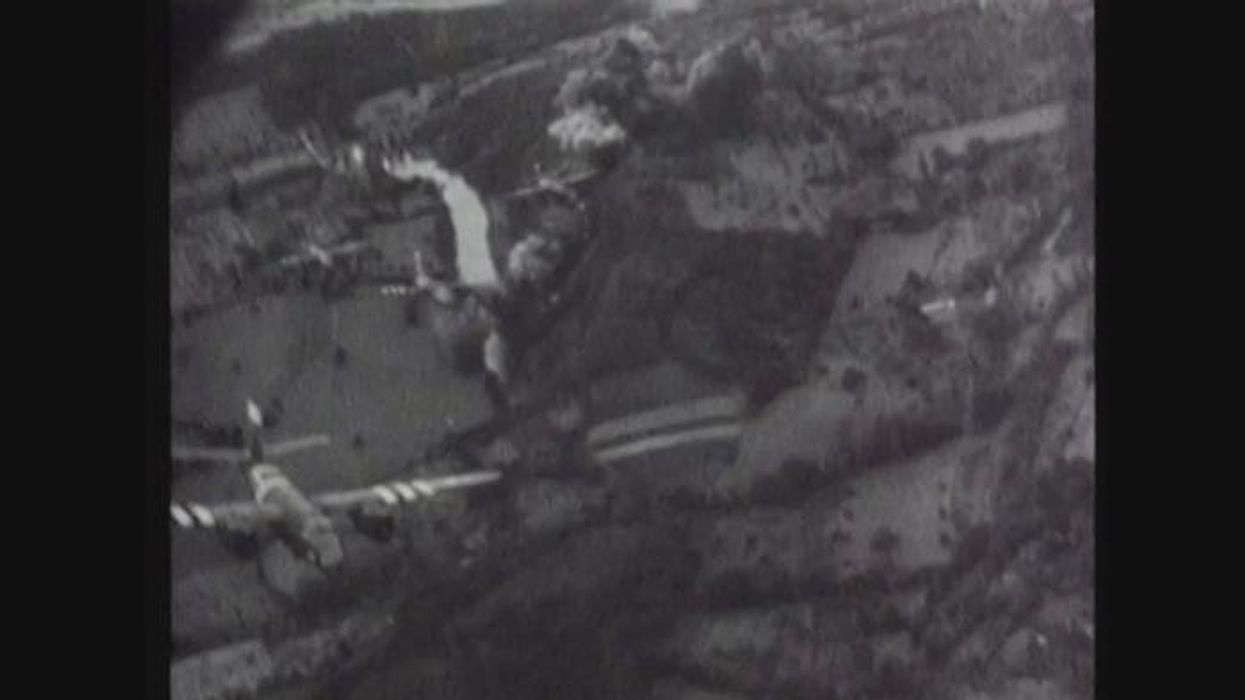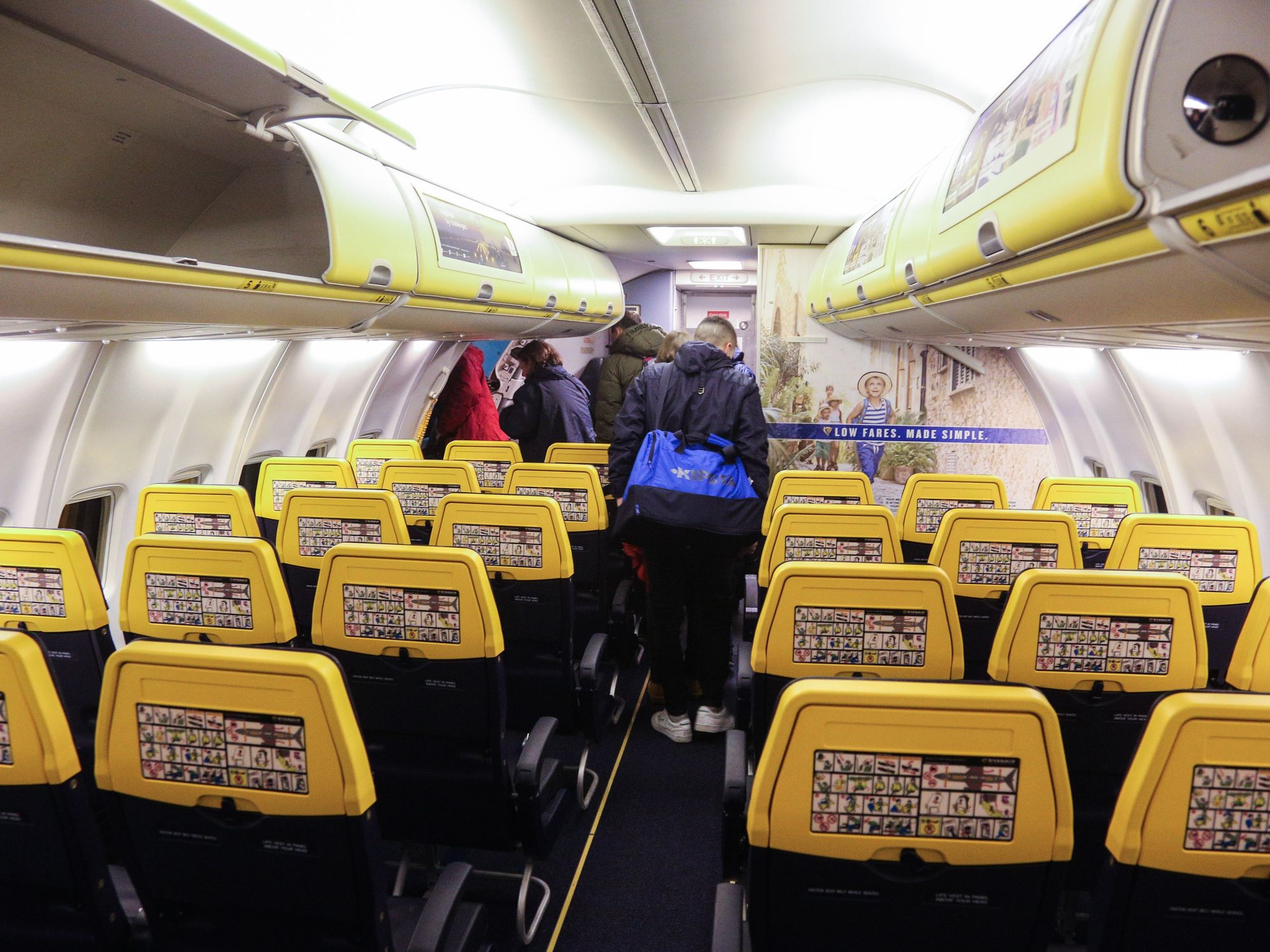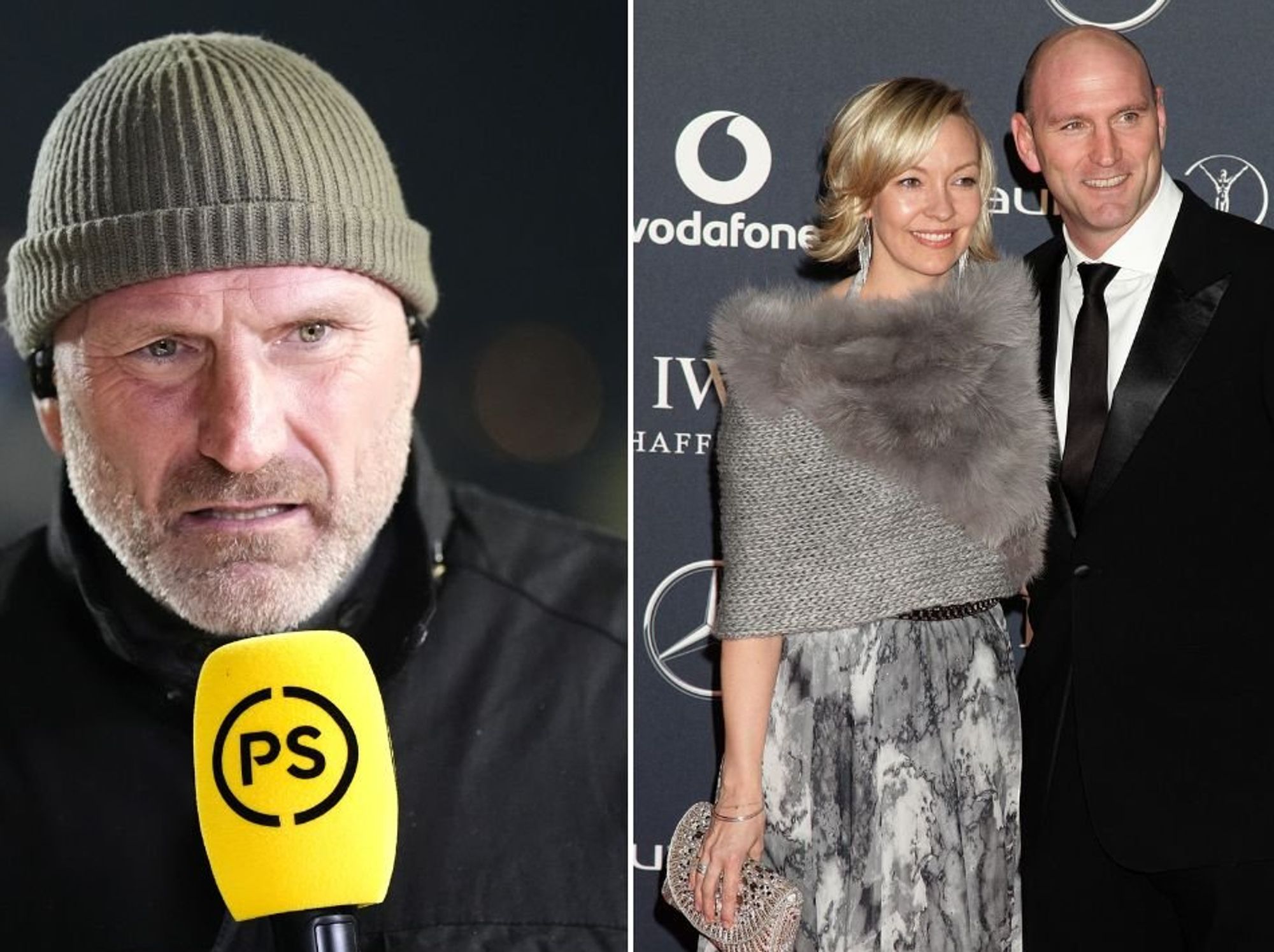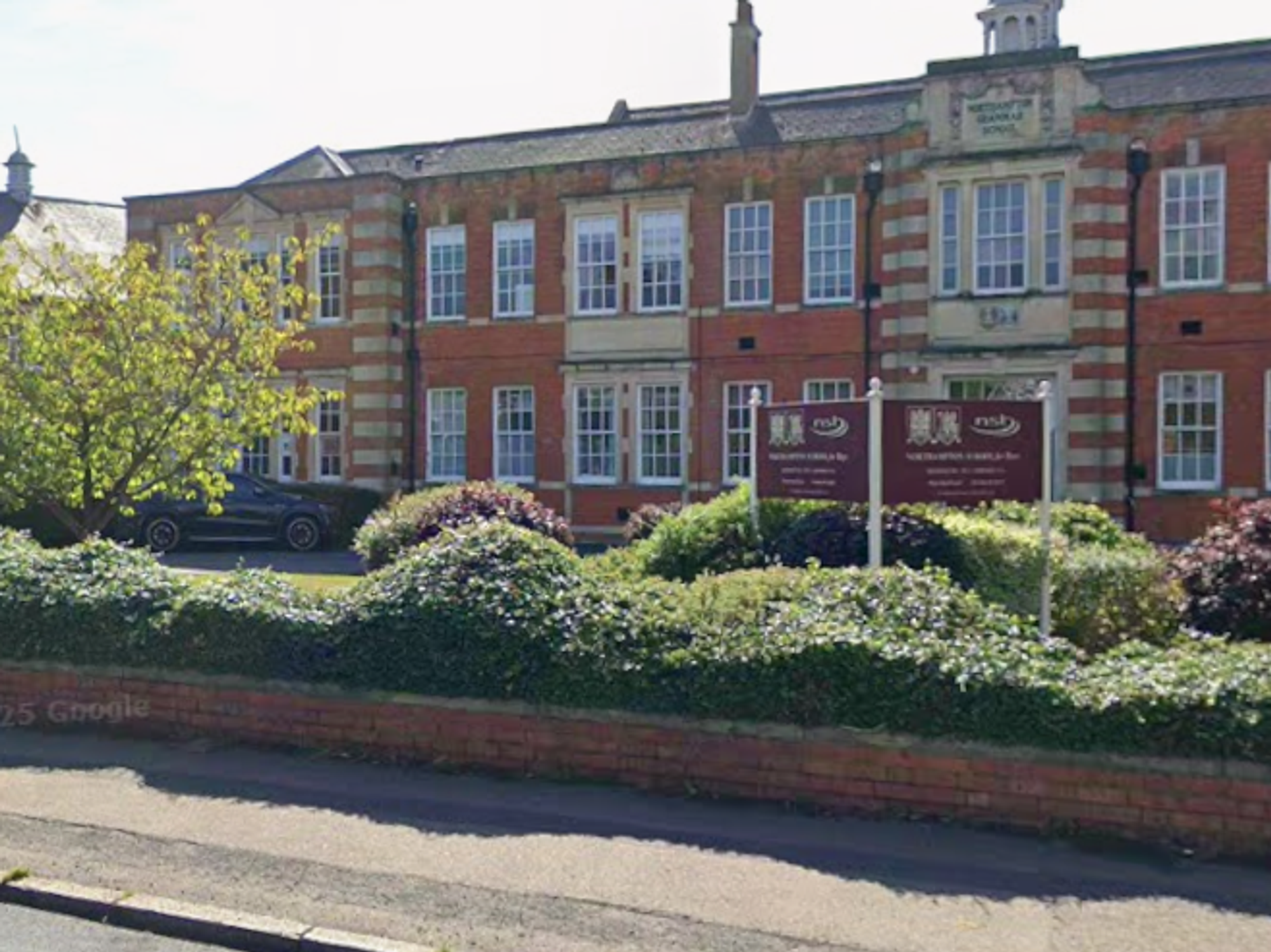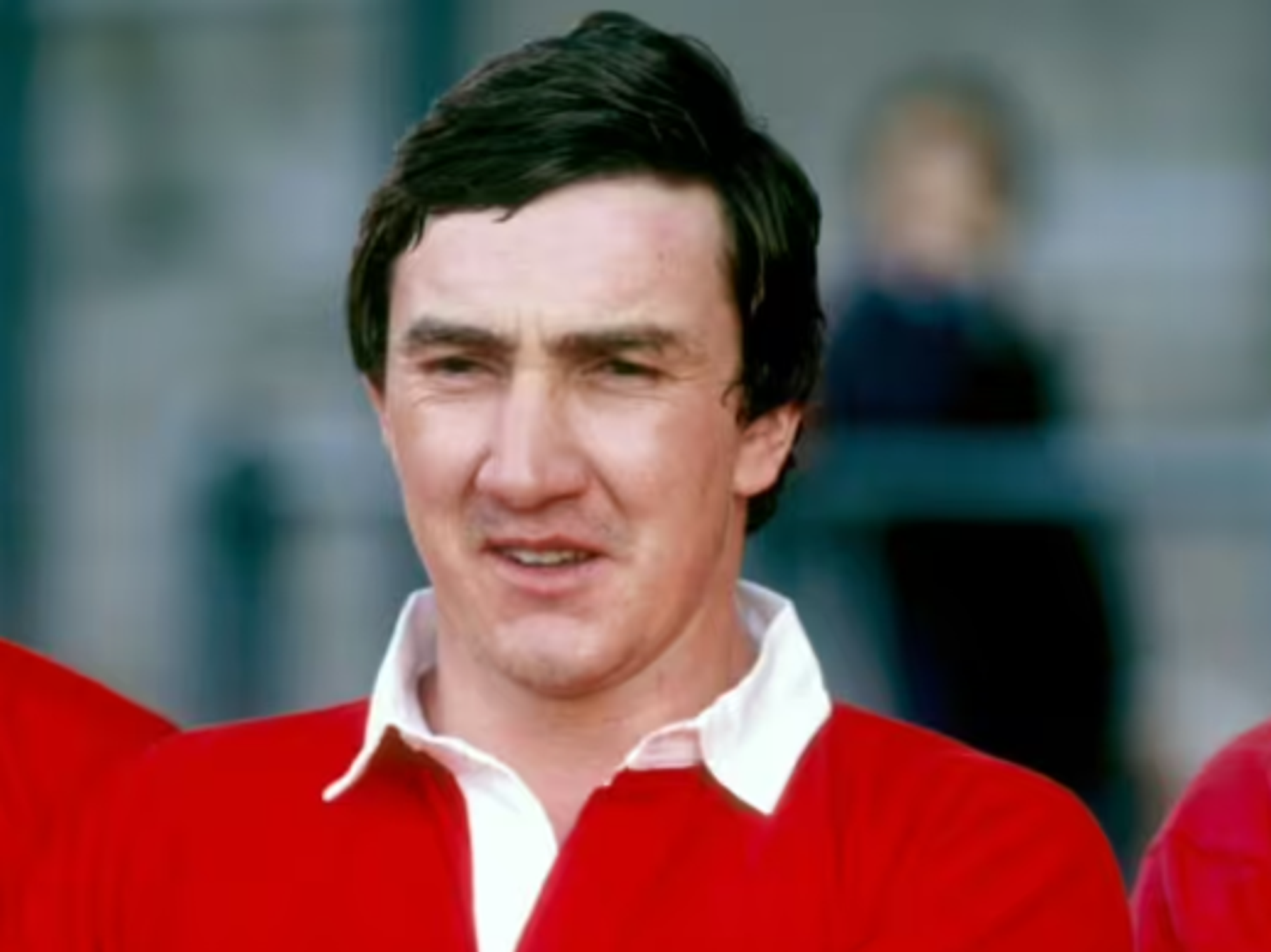D-Day veteran who helped crack Enigma code reflects on astonishing achievements: 'I'm very privileged'

Ruth Bourne was one of the young Wrens recruited to work on Alan Turing's Bombe machine, which helped crack the Enigma code
Don't Miss
Most Read
A D-Day veteran has reflected on her astonishing achievements ahead of the 80th anniversary of the Normandy landings.
On 6 June 1944, Operation Overlord saw the unprecedented allied campaign to liberate Western Europe and defeat the Nazis.
Hundreds of thousands of women played a key role in the D-Day operations, particularly at Bletchley Park, where female recruits worked around the clock to deliver ultra intelligence on enemy movements in France for the allies.
98-year-old Ruth Bourne was among the young Wrens chosen to help operate the Bombe machine, an electro-mechanical device created by Alan Turing, to help crack the German Enigma code.
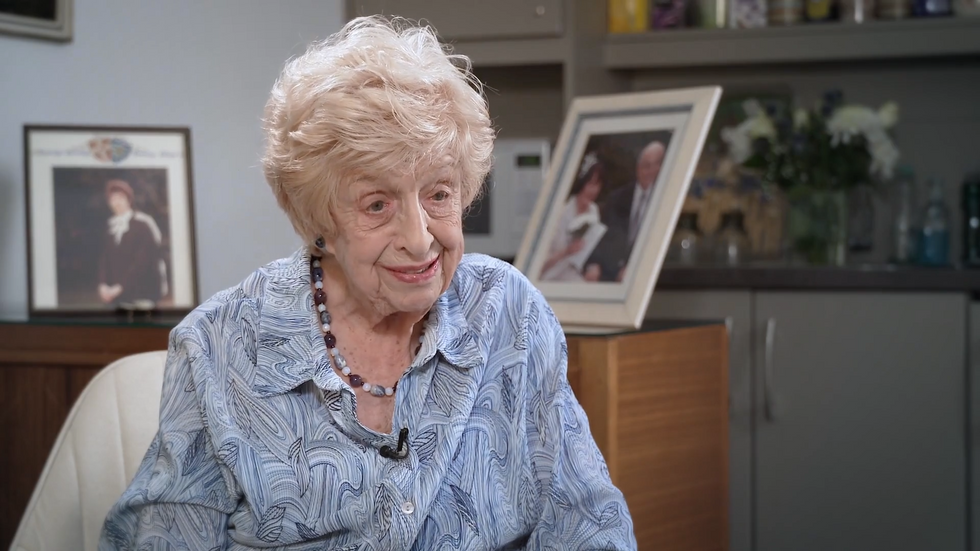
Ruth Bourne said it was a 'privilege' to be a part of the D-Day operations
|GB News
Speaking to GB News, Bourne told Tessa Dunlop that the recruits were informed that their roles were "specialised", and that the tasks were going to be "quite hard work".
Operating the Bombe machine, Bourne was one of the individuals tasked with decrypting German material and translate it differently from the original, so that the Germans didn't know that they'd been reading their messages.
Recalling her first interaction with the Bombe machine, Bourne told Tessa Dunlop that its appearance was "surprising" due to its "tall" nature.
Bourne explained: "I think it was seven feet high, six foot wide, and about two foot deep. And it made a chugging noise as all these wheels were going round and round."
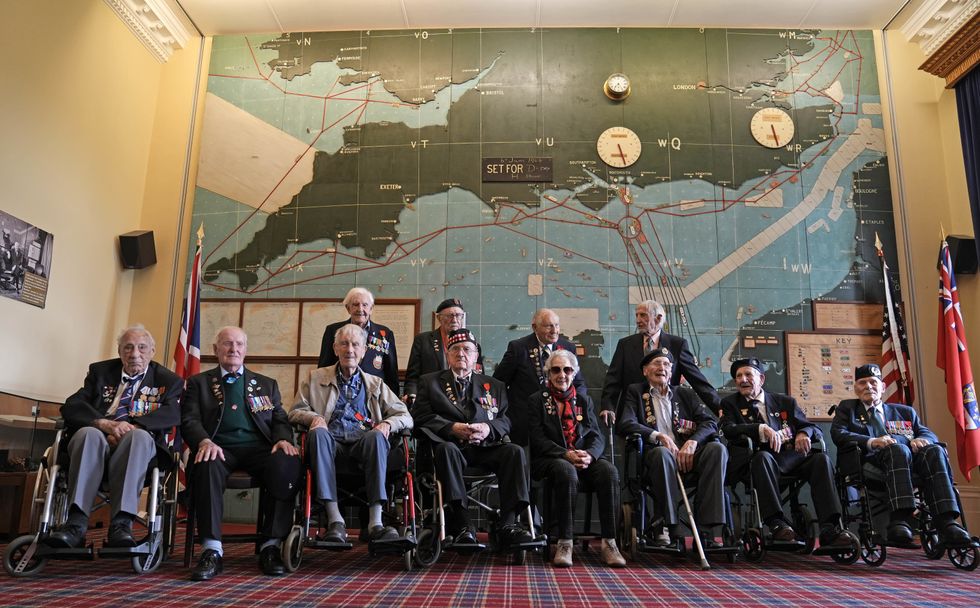
D-Day veterans are celebrating 80 years since the historic operations
|PA
The women who worked behind the scenes on the D-Day operations had no idea of the impact their work had on the success of the events in 1944, and it wasn't until 30 years later that Bourne was made aware of her achievements.
Bourne revealed: "It was only after 30 years when the security blanket was lifted and the first book came out. I read The Importance of the Enigma Secret."
LATEST DEVELOPMENTS:
Many veterans of the D-Day operations did not receive their honours or recognition until many decades later.
Bourne did not receive a Bletchley Park medal until the late 1990s. She then only received the Legion d'Honneur in 2019, aged 94.
Reflecting on the work the women did, Bourne admitted that she now feels "privileged" to have been a part of the D-Day events of the 1940s.
Bourne told GB News: "Now I know how important the work was. My life would have been completely different if it hadn't been for, not just doing something in the war didn't make my life different, but when it all came out, the importance of what we'd done, I was very privileged to have been chosen. And now I'm very privileged."
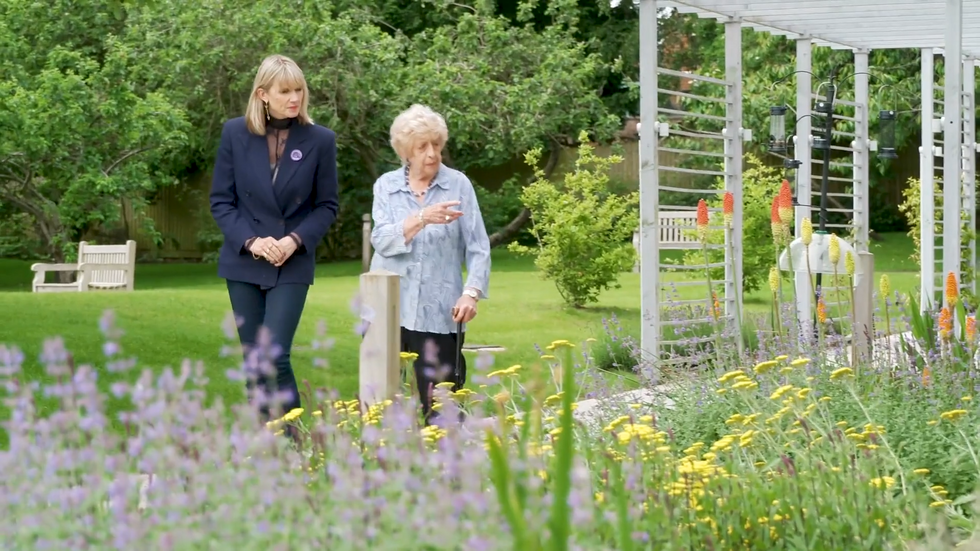
Ruth Bourne spoke to Tessa Dunlop about her memories of the D-Day operations
|GB News
To celebrate the 80th anniversary of D-Day, the largest amphibious invasion in history, 31 remaining D-Day veterans are making the poignant journey from Portsmouth to Normandy, with the help of the Royal British Legion and Spirit of Normandy Trust.
The veterans were also taken to the map room at Southwick House in Portsmouth, where the invasion was planned.
In total, 4,414 Allied troops were killed on D-Day itself, including 2,501 Americans, with more than 5,000 wounded.
Around 11,000 aircraft and 7,000 ships and boats were involved in the operations, which descended on five code-named beaches in France.


